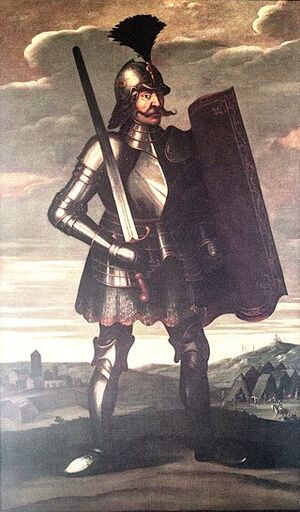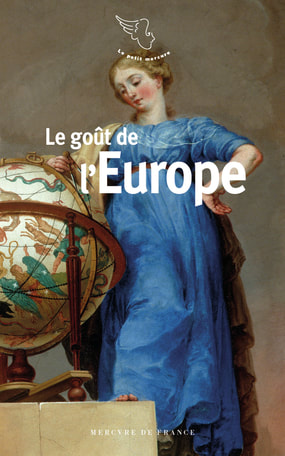|
This article originally appeared in Népszava (in Hungarian) on 28 December 2023. The 14 and 15 December European Council, during which Prime Minister Orbán strongly argued against the prospect of Ukrainian European Union (EU) membership and EU support for Ukraine, was an eye-opener for many Western observers. Until then, Orbán had often been seen as essentially seeking to monetise his support, but he was not necessarily seen as a major obstacle to the implementation of European support for Ukraine. This view seemed to be supported by the fact that the EU was able to unanimously adopt 12 packages of sanctions against Russia. However, the last few weeks have made it clear that Orbán is no longer just seeking specific concessions in terms of EU funds but is also looking to have a lasting influence on the direction the EU is taking. His view is that the strategy of supporting Ukraine has failed and must be abandoned in order to find common ground with Russia.
What could be the consequences of this abandonment policy for Europe? It is likely that, far from appeasing Vladimir Putin’s ambitions, such a demonstration of weakness and inconsistency would only encourage him to become bolder and more aggressive. Moreover, with the loss of the Ukrainian bulwark, Europe would be more exposed than ever before. Mutual trust and solidarity among Europeans would also be considerably damaged, particularly among front-line Eastern flank countries – all this at a time when US protection is becoming increasingly uncertain. In short, Europe would be plunged into a state of perennial insecurity and vulnerability. Another important question is Hungary’s role in Europe. Because of their geographical position, Hungarians have always been at the forefront of confrontations between Europeans and invaders from the East. In 1250, in a letter to Pope Innocent IV, King Bela IV of Hungary complained about his fellow ‘Christian princes of Europe’. In the face of the Mongol invasions, they had not come to his aid. However, according to Bela, the fall of his kingdom would represent a major threat ‘to the inhabitants of Europe’. This letter is one of the first known texts to consider ‘Europe’ as a geopolitical community. Similarly, when in 1458, Italian humanist author Enea Silvio Piccolomini, just before he became Pope Pius II, wrote one of the first books on ‘Europeans’, he did not devote the first chapter to Italy or Greece but to Hungary. Why did he do this? The reason was that, at that time, Hungary, under the command of John Hunyadi, was the spearhead of European resistance against Ottoman invasions and therefore deserved first place in the author’s eyes. Finally, during the 1956 Hungarian revolution, when Imre Nagy, facing an invasion from Soviet troops, denounced the Warsaw Pact, he appealed to the United Nations and, in particular, to the United States, the United Kingdom and France to recognise and defend Hungarian neutrality. Many Hungarians have long regretted the lack of response from the West to this appeal. Today, perhaps for the first time in history, Europe has the opportunity to show its full unity in the face of an external invasion. As a European, I fervently hope that Hungary will eventually return to the forefront of the fight to defend European civilisation—that is, a civilisation of free peoples capable of jointly resisting empires. For centuries, Europeans saw Hungary as the rampart of Europe. Now that Ukrainians have inherited this mission, Hungarians’ place is at their side. Comments are closed.
|
My name is Pierre Haroche and I am a specialist in European integration and European security.
In this blog I present my thoughts on EU democracy, defence and identity. If you are interested in my proposals, do not hesitate to get in touch! |
Proudly powered by Weebly




